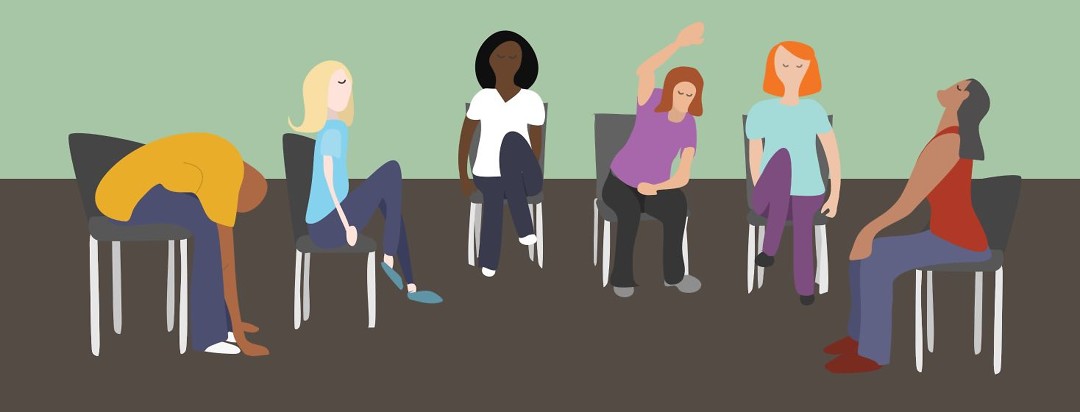Tips and Tricks to Maximize Cognitive Function and Adapt to Changes
People with MS can achieve physical, emotional, spiritual, and cognitive well-being. Cognitive health is our ability to engage in challenging and mentally stimulating activities that result in personal growth, increased productivity and creativity, and the ability to learn new things and be independent.
Cognition is a huge part of who we are and how we think about ourselves and the world around us. Throughout this series, we discussed what cognition is, how it is treated, and what research is being done. This article is going to discuss ways to adapt to changes in cognition, and I hope you will comment and let me and everyone else know about things that have (or have not) worked for you.
Memory
As we discussed earlier, short-term (not long-term) memory can be affected by multiple sclerosis. This can be one of the most frustrating and difficult symptoms to face. The first step in adapting is to acknowledge our losses while coming up with creative strategies to improve our daily lives. A few tips I have gathered include:
- Write things down and put notes in places where you will see them
- Set alarms to remind you of important tasks, such as when to take medications
- If you have difficulty remembering if you took your medicines, try getting pill bottles that tell you when they were last opened (which can often be found at your local pharmacy), or using weekly/monthly pill organizers
- Take pictures/videos of important things (such as documents or where you parked your car) on your phone
- Ask friends and family to help remind you of important tasks
Attention and multi-tasking
People with MS often think their memory has declined when the real issue is usually difficulty with attention and multitasking. For instance, if you are paying bills and the doorbell rings, you may stop what you are doing, go to the door, decide to go out and check the mail, chat with a neighbor, pull some weeds you see out in the garden, and not realize the bills never got paid until your electricity is shut off!
The problem is that you got distracted and never returned to the original task you were focused on. While this may seem like you forgot to pay the bills, it is actually a signal that you are struggling with attention and multitasking. Some strategies for overcoming these issues include:
- Focusing on 1 task at a time. Do not get sidetracked until the job is done.
- Do work that requires a lot of focus in secluded places.
- Minimize distractions, such as music, TV, or other people/pets.
- Plan out your day with a to-do list, and check off tasks as you go.
- Take breaks when you feel fatigued.
- Do tasks that require a lot of concentration at the time of day when you are the least fatigued.
- Pay attention to your physical comfort. For instance, pick a comfortable spot, optimize the temperature in the room, and go to the bathroom before sitting down. Physical discomfort distracts our brains and makes it more difficult to focus.
Planning, prioritizing, and organizing
Taking steps to plan, prioritize, and organize can help you focus:
- Keep your calendar organized, and check off things throughout the day.
- Make to-do lists, and use things like Post-its liberally.
- Use GPS.
- Try phone apps to help you remember where you parked.
- Set alarms for important tasks.
- Make shopping lists.
- Keep notes with important information on your phone or in your purse/wallet.
- If you often misplace something (like your keys or wallet), keep it in the place where you first went looking for it.
- Keep your home and work environments well organized and free of clutter.
- Ask family and friends for help with planning and organizing events and outings.
- Set reminders for doctor’s appointments and when your medications need to be refilled.
- Take advantage of automatic or recurring bill payments through your bank’s online site.
Ways to promote cognitive health
These steps can help you improve your cognitive health:
- Exercise regularly.
- Plan healthy meals ahead of time, and make grocery lists.
- Socialize with others as often as possible.
- Do things that challenge your mind and that you also enjoy, such as art, playing music, puzzles, brain games, or reading.
- Be a lifelong learner, as there is always something new to learn! Figure out what interests you, and challenge your brain as often as possible.
- Take your medications on time and as directed by your doctor.

Join the conversation